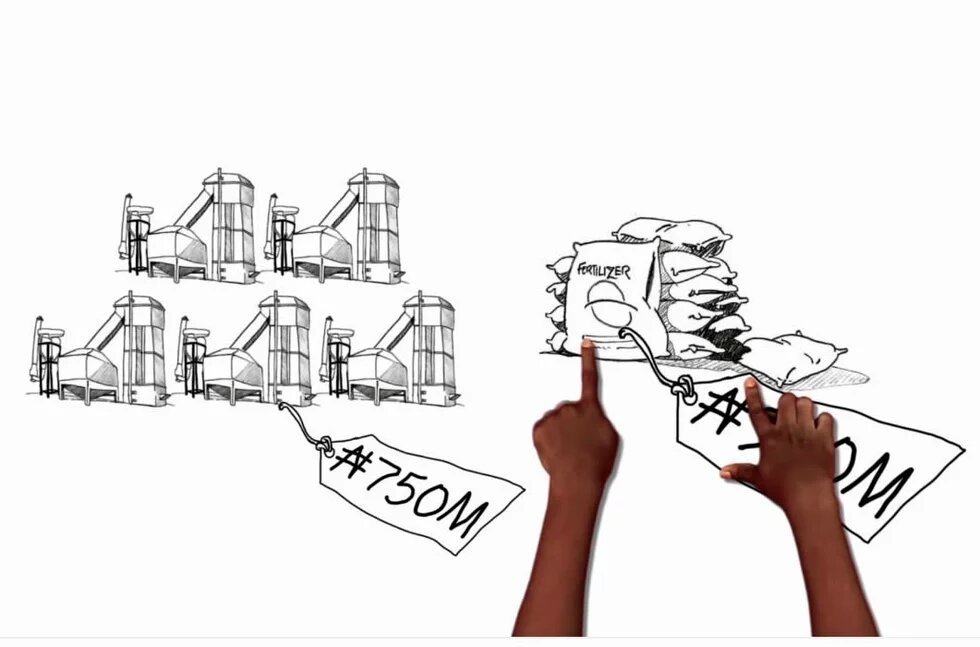
This study provides examples of how Jigawa State could create employment opportunities, increase agricultural yields and protect the environment for future generations by employing greener development options. Based on an analysis of Jigawa State’s 2010 budget, the study calculated examples of practical policy options. Thus, the study shows that by investing in green and sustainable technology, more people will benefit and agricultural yields will increase. The comparison of diesel powered irrigation pumps versus solar pumps reveals a potential saving of 12 billion Naira over a period of 10 years. The comparison of chemical fertiliser vs organic fertiliser reveals potential savings of more than 8 billion Naira for the same period. By introducing small-scale biogas systems the State’s development goal of providing at least 30% of households with electricity could be achieved ahead of the deadline of 2020.
This study wants to encourage policy makers, civil society and development thinkers to adopt a different perspective that would take into account the following framework:
The study argues that in order to address the underlying causes of poverty and to chart a way forward for Jigawa State’s sustained growth, the underlying climate factors (that have led to alarming levels of desertification) have to be considered when taking decisions on development, investments and when formulating annual budgets. The framework of “Resources – People – Planet” aims to alert policy makers that Jigawa State needs to grow within planetary boundaries and that current decisions and budget allocations that target short-term growth can affect the lives of future generations. The study argues this in practical examples rather than in academic language: for example, it calculates that the extensive use of chemical fertiliser (to which a large percentage of Jigawa State’s agricultural budget is allocated) leads to soil degradation, whilst the production of organic fertiliser not only protects soil fertility for current and future generations of Jigawa farmers, but reduces the cost of fertiliser and creates jobs at the same time.
The study is meant as a starting point for discussions between policy makers and civil society in Jigawa State. If Jigawa stakeholders were to enter into a dialogue around greener development options for the people of the State, they would become trail blazers for the whole of Nigeria as the country experiences the serious impacts of climate change in various ways without this becoming a point of fruitful engagement between policy makers, the private sector or civil society.
Download to Study (Socially inclusive sustainable development In a climate stressed Northern Nigeria: A Case Study of Jigawa State
